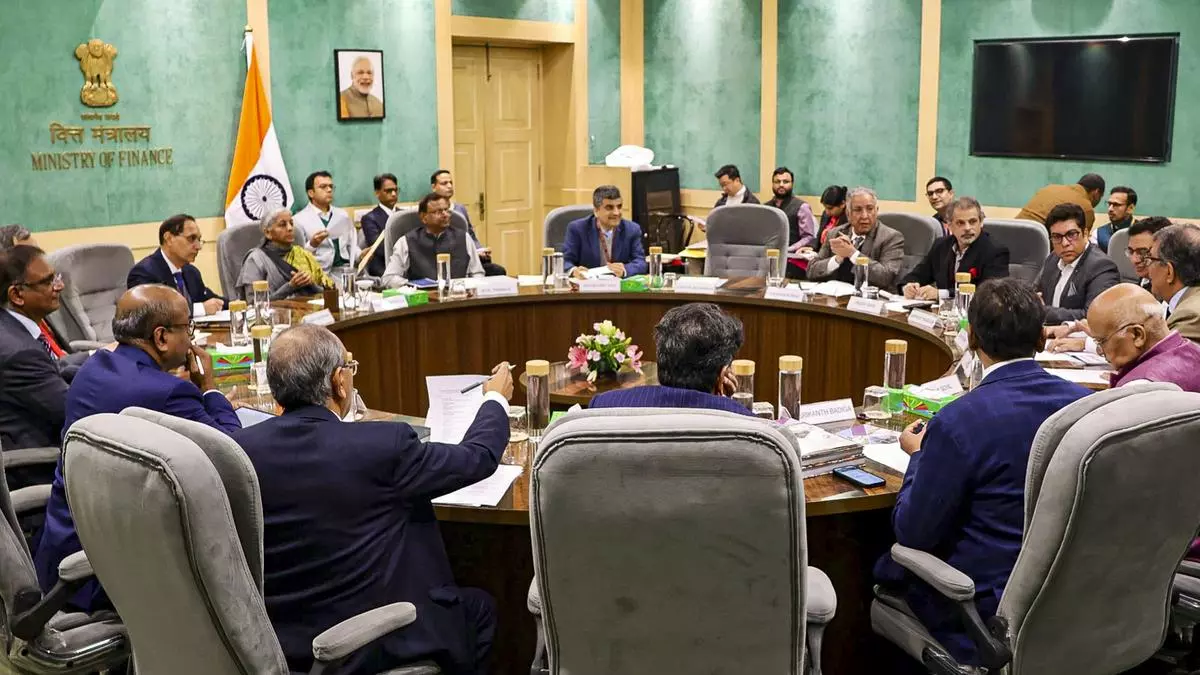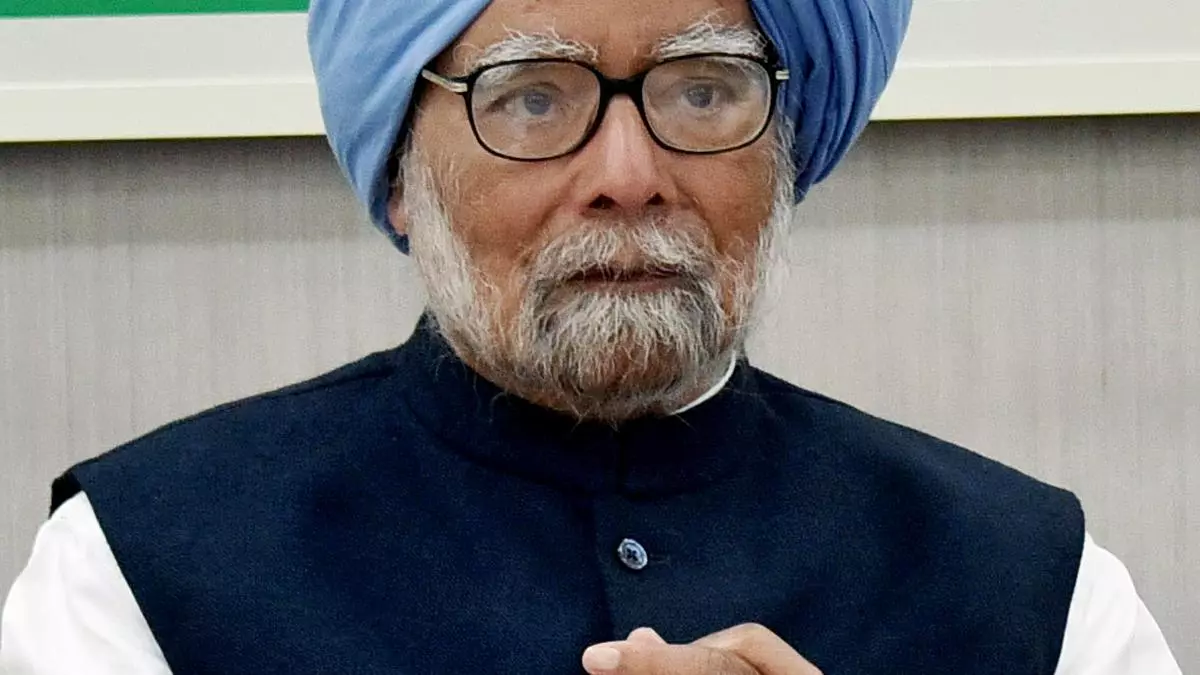In presenting his 2025 budget proposal to a joint sitting of the National Assembly in Abuja on Wednesday, December 18, 2024, President Bola Ahmed Tinubu reiterated his administration’s determination to follow through on a roadmap formulated to secure the fundamentals of a prosperous, just, and progressive society.
Tagged, ‘Budget of Restoration: Securing Peace, Rebuilding Prosperity,’ the proposal, he said, touches on the core of his ‘Renewed Hope Agenda’ and demonstrates his administration’s commitment to stabilising the Nigerian economy, improving the quality of life of Nigerians, and repositioning the country for greater performance, self-actualisation, and global competitiveness.
This proposal is the latest major step on a rather tortuous journey that began on May 29, 2023, when the then newly sworn-in president pledged an era of economic renewal and institutional development. It has been a journey marked by mostly tough reforms and sometimes imperceptible but tangible transformations (albeit more on the macroeconomic than on the microeconomic side).
“It is not a journey of our own choosing,” the President admitted during his budget presentation, “but one we HAD TO embark on for Nigeria to have a real chance at greatness.”
A major highlight of the N497.9 trillion proposal, a significant increase from the 2024 budget (which amounted to N27.5 trillion), is the priority it places on critical areas such as defence/security, infrastructure, and human capital development (i.e., in the areas of education and healthcare).
These priority areas were allocated the following sums: defence and security: N4.91 trillion; infrastructure: N4.06 trillion; health: N2.48 trillion; and education: N3.52 trillion—all of them substantial increases from last year’s budget.
On security, which he described as ‘the foundation of all progress,’ the President stated that the allocations to it were designed to enhance the ability of the country’s military, paramilitary, and police forces to secure the nation, protect her borders, and consolidate the government’s control over the nation’s entire territory through the provision of modern tools and technology—as well as by boosting the morale of the men and women of the armed forces.
The key highlights of the allocations for infrastructure (which, he said, is ‘the backbone of every thriving economy’) are the government’s signature projects—namely, the Lagos to Calabar Coastal Highway and the Sokoto to Badagry Highway—as well as planned accelerations in investments in energy, transport, and public works, for which, Tinubu said, his government planned to leverage, to a significant extent, private capital.
For the health sector, the Tinubu administration plans to improve the system by providing essential drugs for public hospitals. This will be complemented by the provision of N402 billion for infrastructure investments in the sector, with another N282.65 billion for the Basic Health Care Fund, in particular. Not only would the government’s intervention in this sector improve healthcare access for the vast majority of the people, it would also reduce medical import dependency.
For education, the government plans the provision of N826.90 billion for infrastructure development in the sector, with a focus on areas of priority such as the Universal Basic Education (UBEC) and the planned establishment of nine new higher educational institutions across the country.
With the government acutely aware that the present discontent in the land has more to do with the rising prices (and in some cases, the unavailability) of food items than perhaps any other factor, Tinubu, who described the imperative of food security as ‘non-negotiable,’ assured the assembled lawmakers that the government would support farmers with funding and other targeted inputs to reignite productivity.
Against the backdrop of the nationwide discontent that has accompanied the effects of his administration’s reforms in the last 18 months, the President struck a decidedly optimistic (if not upbeat) tone as he counted the modest blessings (or ‘improvements,’ as he called them) occasioned by the 2024 budget cycle.
He listed these ‘improvements’ to include a growth profile of 3.46 percent in Q3 of 2024, up from 2.54 percent in Q3 of 2023; nearly US$42bn in Nigeria’s foreign reserves, a sum that, the President said, can provide a robust buffer against external shocks; and a rising export profile as reflected in the country’s current trade surplus of N5.8trn, among others.
In addition, he said, the government achieved N14.55 trillion in revenue (thereby meeting 75 percent of its target as of said Q3) and N21.60 trillion in expenditure (which represented 85 percent of its target, also in Q3), as well as improving revenue collection and fulfilling other key obligations.
Tinubu further disclosed that for the coming fiscal year, the FG has set a target of N34.82 trillion in revenues to fund the budget, while its expenditure is projected at N47.90 trillion (including N15.81 trillion for debt servicing). On the vexed issue of spiralling inflation, Tinubu was confident that in 2025 it would decline to over half of its current rate (i.e., from 34.6% to 15%).
He also had cheering news for Nigerians concerned about the seemingly inexorable decline of the country’s currency, the naira, against the US dollar, declaring that the exchange rate would improve from the current rate of approximately N1,700 to US$1 to N1,500 to US$1. The same upward trend, he added, would be seen in the production figures for crude oil, Nigeria’s economic mainstay—which is projected to climb to a heartwarming 2.06 million barrels per day. Meanwhile, the budget is predicated on a benchmark oil price of $75 per barrel.
Read the complete article on our website…









Leave a Comment